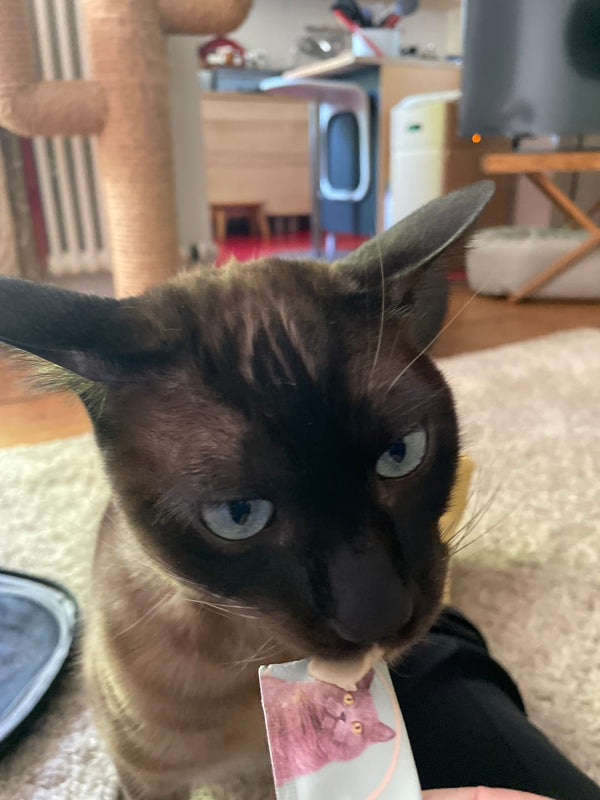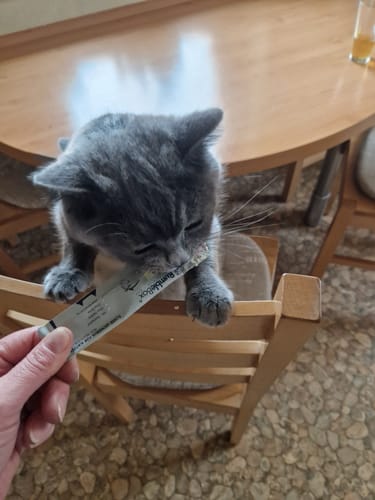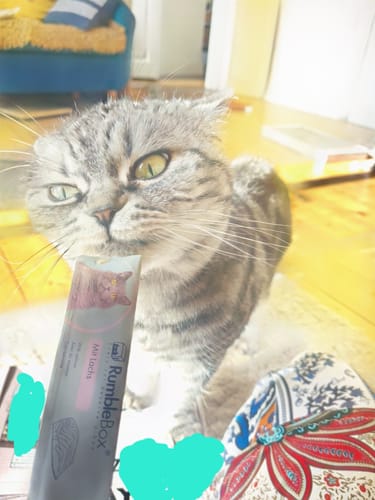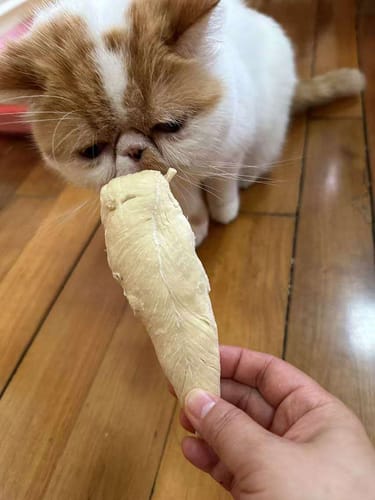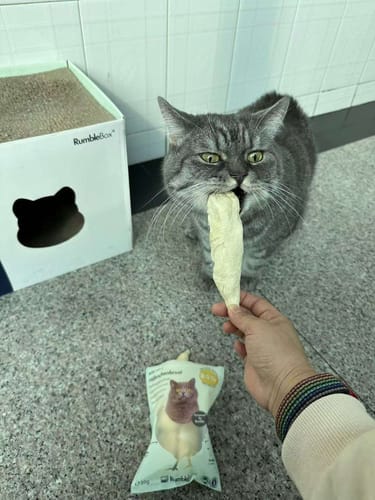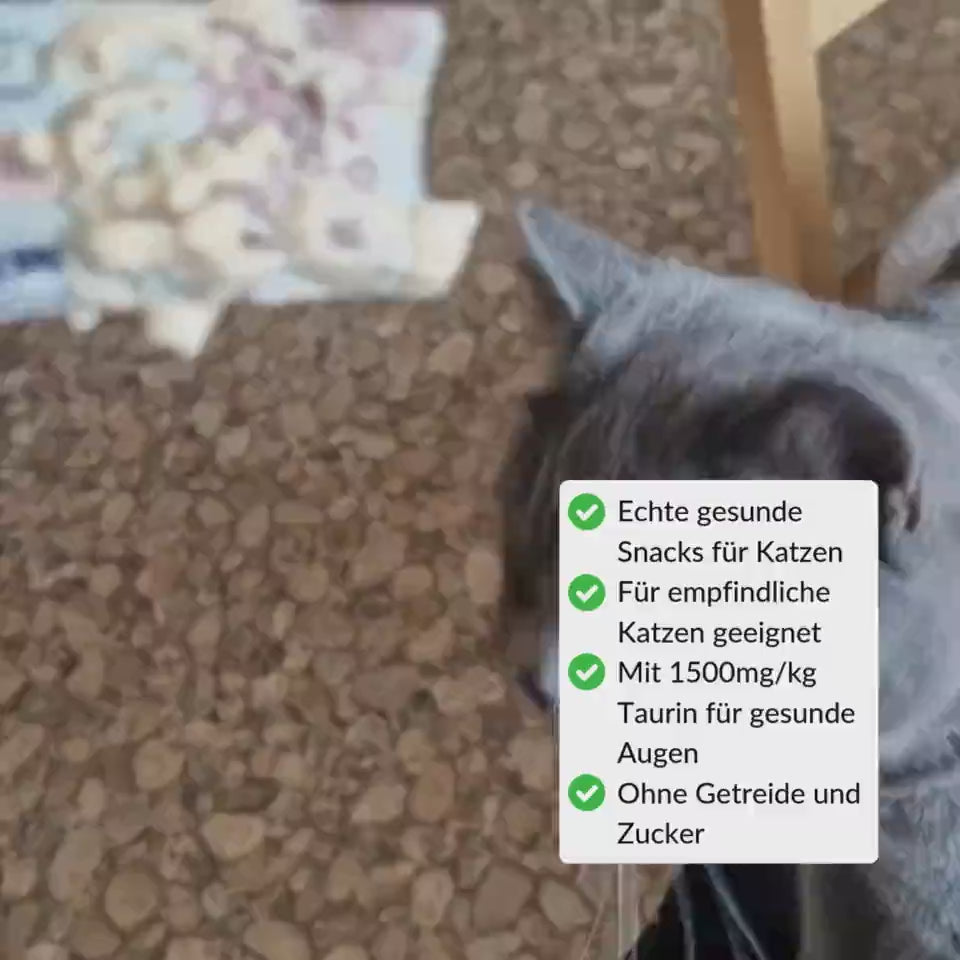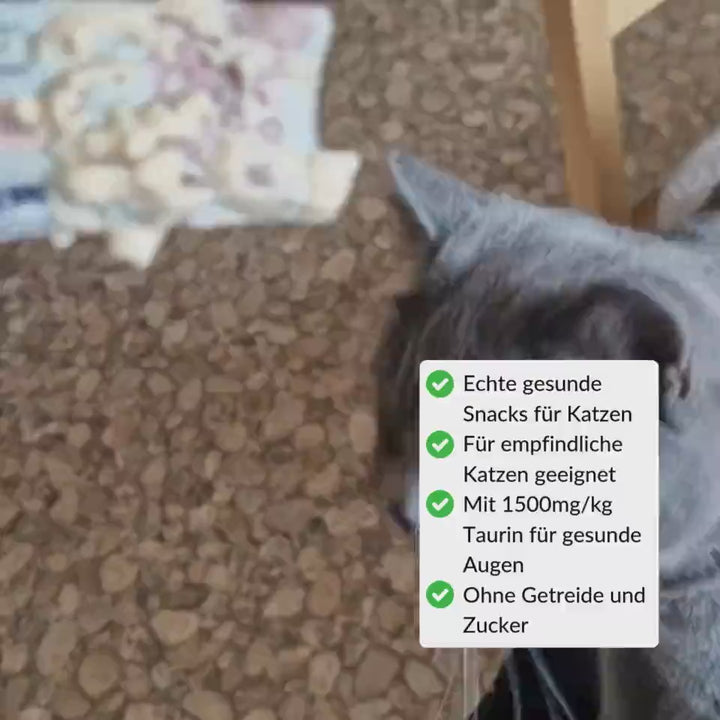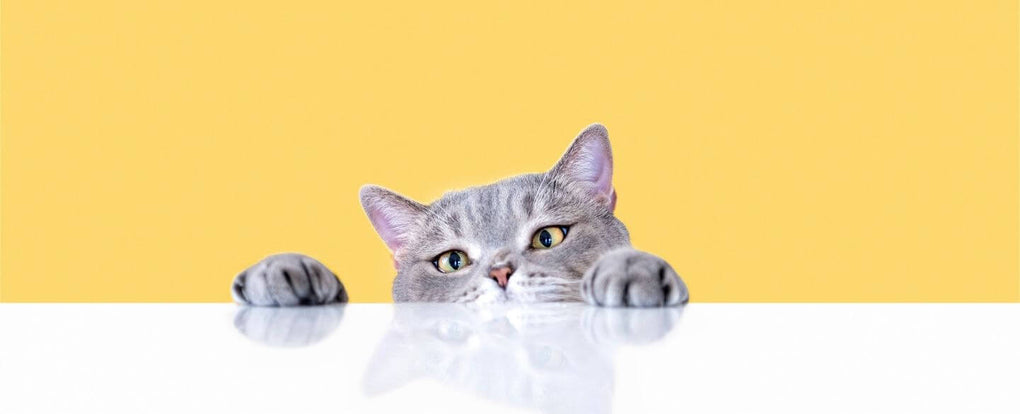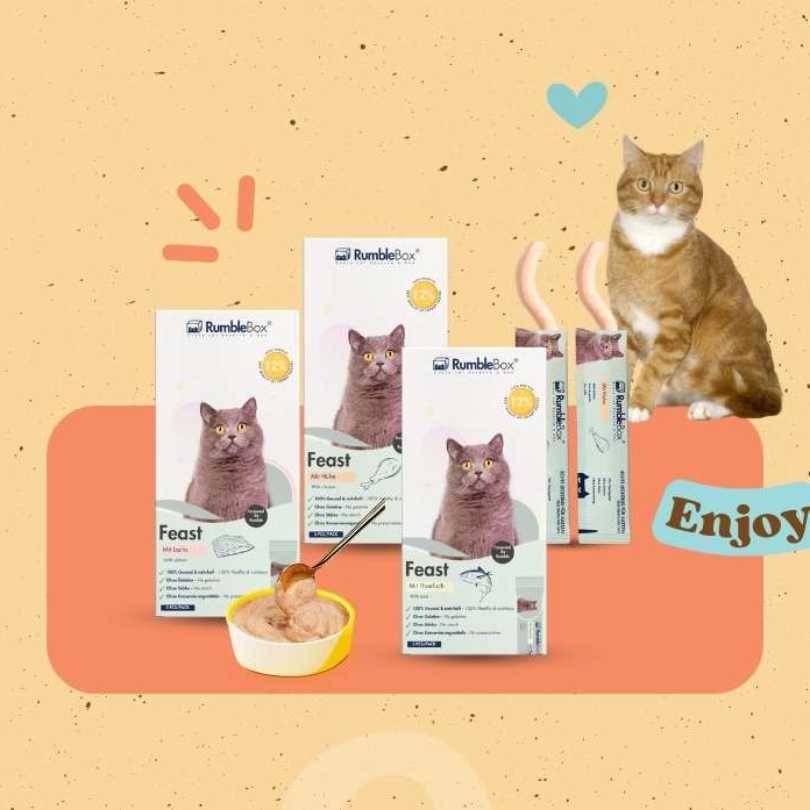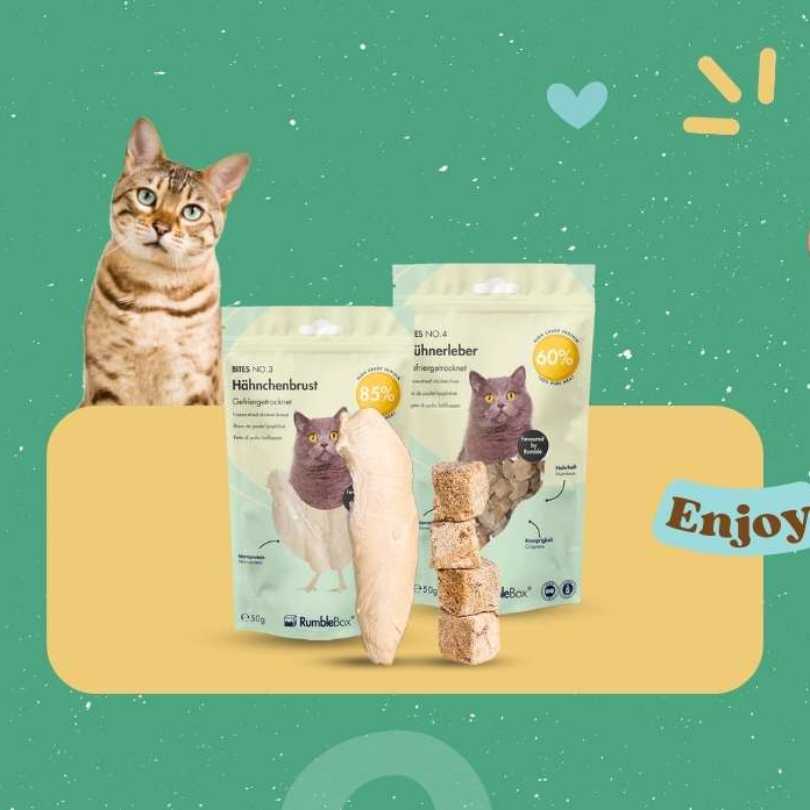Can Cats Eat Persimmons? What You Should Know
Table of contents
What makes persimmons so special?
Kakis, also known as Sharon fruit or persimmon, are not only delicious but also full of nutrients.
Vitamins A and C: Support the immune system and cell health.
Dietary fiber : Promotes digestion in humans.
Natural fruit sugar: Gives persimmons their typical sweetness.

While these benefits are appreciated in humans, the situation is different for cats. Their digestive system is not designed to handle such foods.
Are persimmons poisonous to cats?
The good news: Persimmons are not directly poisonous for cats . This means that a tiny piece of pure fruit flesh will not cause acute damage in most cases. But caution is advised – persimmons pose various risks:
1. Sugar is bad for cats
Persimmons contain a lot of natural fruit sugar. Cats are carnivores (obligate carnivores) and have no physiological need for sugar. Too much sugar in cats can:
- Promote obesity , especially in indoor cats.
- Increase the risk of diabetes .
- cause tooth damage such as tooth decay.

2. Tannins in unripe fruits
Unripe persimmons contain tannins, which are bitter substances that can irritate a cat's sensitive gastrointestinal tract.
Possible symptoms:
- Diarrhea
- Vomit
- stomach pain
3. Shell and seeds
- Peel: The peel of the persimmon is difficult to digest and can be stressful for a cat.
- Seeds: They can cause intestinal obstruction if swallowed. They also contain small amounts of toxic substances that can be dangerous for cats.

Why don't cats need persimmons or fruits?
Cats are carnivores by nature and have a diet that is entirely based on animal proteins and fats. Fruits and vegetables are neither necessary nor beneficial for cats.
Here are the most important reasons:
- No need for sugar : Cats' metabolism is not designed to utilize sugar or carbohydrates.
- No taste for sweets: Cats have no receptors for sweetness and therefore cannot enjoy the taste of fruit.
- No nutrients for cats: Cats synthesize vitamin C themselves, and other vitamins in persimmons can be better covered by high-quality cat food.

What happens if my cat eats persimmons?
If your cat has eaten a small piece of persimmon, in most cases you do not need to take immediate action. However, watch your cat closely for the following symptoms:
- Vomit
- Diarrhea
- loss of appetite
- lethargy

❗ Tip
If any of these signs occur or your cat has eaten large amounts of persimmons (including seeds or peel), you should contact a veterinarian immediately.
Healthy Alternatives to Persimmons
Instead of giving your cat persimmons, you can offer more suitable and healthier snacks. Here are some suggestions:
Natural delicacies
- Boiled chicken or turkey: Without spices and fat.
- Small portion of salmon: A source of omega-3 fatty acids.
Homemade snacks
- Make your own chicken broth for cats : Perfect for pampering your cat.
- How to choose the best cat treats for your cat : Tips for high-quality treats.
To keep your cat healthy and happy, you should consider the following points:
- Avoid human foods , especially those high in sugar or spices.
- Only give your cat food that is tailored to its needs.
- Avoid fruits that are toxic to cats, such as:
- avocados
- grapes and raisins
- citrus fruit

Other helpful articles on the topic:
Tips to avoid unwanted snacking
Especially in winter, when there are lots of fruits like persimmons on the table, cats can become curious. To prevent this:
- Store fruit safely: Store persimmons in a place that is inaccessible to your cat, such as the refrigerator or a sealed fruit bowl.
- Distraction with snacks: If your cat is interested in your food, offer her a cat-friendly snack.
- Don't encourage habits: Never feed your cat human food - cats learn quickly and such habits are difficult to break.
Conclusion: Should cats eat persimmons?
Persimmons are not poisonous for cats. Nevertheless, they are not a good choice. The high sugar content is problematic. Tannins can irritate the stomach. The peel and seeds are dangerous.
If you want to do something good for your cat, choose healthy, cat-friendly alternatives such as meat, fish or specially developed cat treats. This way you can ensure that your darling stays healthy and happy - even in the new year!
Thank you for reading this far – it really means a lot to us! We hope you found something useful and maybe your cat is already looking forward to a little something extra. See you soon and lots of purrs!
By the way
Many cat owners pay close attention to the ingredients in their cat's main food , but often forget about treats .
Snacks often contain sugar, grains and artificial additives that can be harmful to health in the long run.
Anyone who truly wants to feed their cat a completely healthy diet should also rely on natural ingredients here:
Hypoallergenic treats without additives – naturally from RumbleBox. Perfect as a reward, during training, or simply as a snack.
Over 2,500 cats have already switched to healthy snacks!
💚






